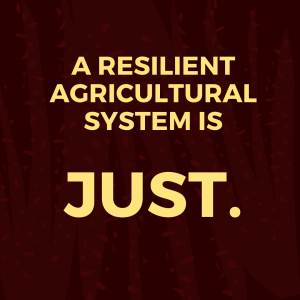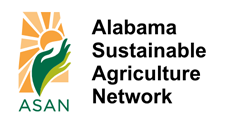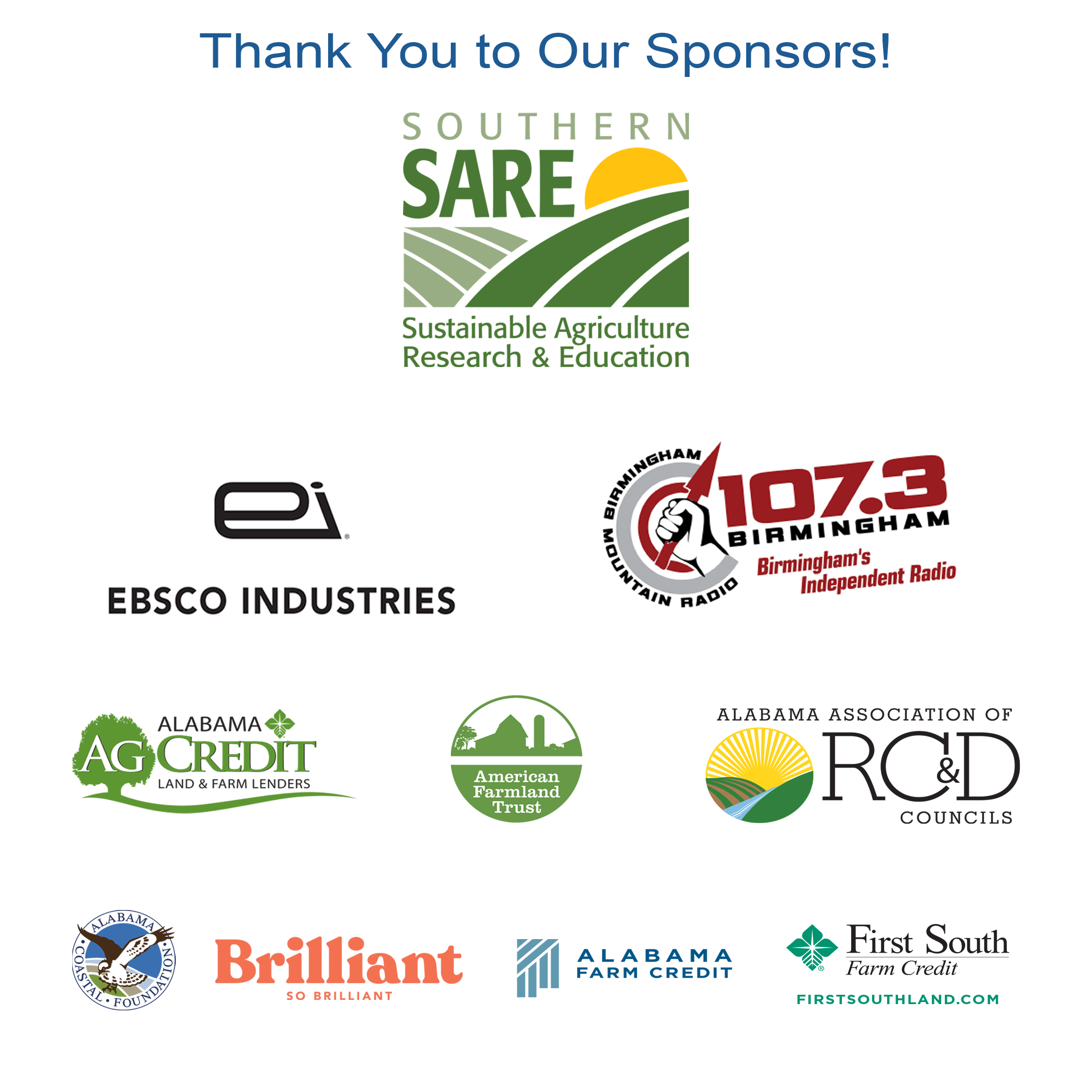 ASAN unequivocally affirms that black lives matter, and that the work we do must actively seek to dismantle white supremacy. Our organization’s vision is of a resilient agricultural system in Alabama, and our core beliefs affirm that a resilient agricultural system is and must be just.
ASAN unequivocally affirms that black lives matter, and that the work we do must actively seek to dismantle white supremacy. Our organization’s vision is of a resilient agricultural system in Alabama, and our core beliefs affirm that a resilient agricultural system is and must be just.
Building a just agricultural system in Alabama will require repairing centuries’ worth of injustice, oppression, and violence done to black people, as well as to indigenous people and other people of color.
There can be no honest conversation about agriculture in Alabama without reckoning with the role that racism has played and continues to play in shaping our lives, our communities, and our institutions.
As such, ASAN is committed to having and holding those honest conversations, within our leadership and within our network, in keeping with our core beliefs and our organizational values. It’s critical to recognize and honor the ways in which racism harms each of us differently – and it’s also important to understand and affirm that racism (and indeed, all the isms) absolutely harms us all.
Just as important as these conversations, are the reparative and liberatory actions that follow from them. This is about working towards a world in which all of us are more whole, more resilient, and more free. And we firmly believe that everyone in our network has a place and a role to play.
In the words of Mississippi farmer and Civil Rights icon Fannie Lou Hamer, “Nobody’s free until everybody’s free.”
—-
One of ASAN’s five goals is: “Robust participation and ownership in Alabama food systems by people of color, women, immigrants, LGBTQ people, people with low income, elderly people, youth, rural people, and all peoples who have been historically marginalized.” Accompanying that goal is the acknowledgement “that in order to counteract the historical decentering of these groups, we will need to make explicit and intentional efforts to center the needs and voices of these groups within ASAN spaces.” We acknowledge that we have a long way yet to go – and we don’t take this work lightly.
Here is what ASAN has been doing, and commits to doing moving forward, to further racial and social justice:
- We will continue work to form the ASAN Justice Committee. We will invest generously in this work, and heed the recommendations the group generates. This past winter we began work to develop a Justice Committee, a group of ASAN member-leaders which would serve multiple roles within ASAN: as an internal think tank to generate ideas for more justice-centered work, review board to further center equity in ASAN’s work, and healing and personal growth space for ASAN member-leaders. Please contact us if you’re interested in being involved (email [email protected]).
- We will emphasize and uplift black, indigenous, and people of color (BIPOC) voices in our programming and communications, and in recruitment for staff, board, and other positions of leadership
- We will create facilitated spaces in which our full network can deepen knowledge and understanding around the way racism shows up in our work, in our communities, and in ourselves – and can work to unlearn it.
- We will create and defend identity-specific spaces for marginalized groups within our larger network, including BIPOC people, so that they can safely share, process, heal, plan, strategize, and reenter the broader network more effectively.
- We will hold ourselves accountable to the feedback and critique from our BIPOC members and BIPOC-led partners.
We invite our network members’ participation in and engagement with these goals and commitments. Once again, we acknowledge that we have a long way yet to go – and we don’t take this work lightly.


